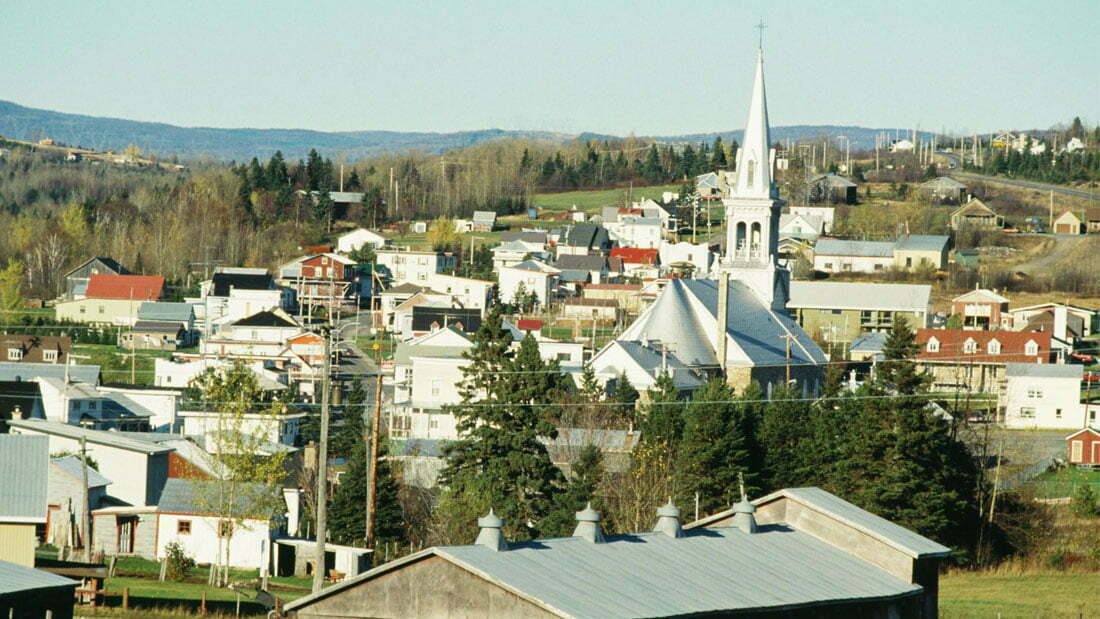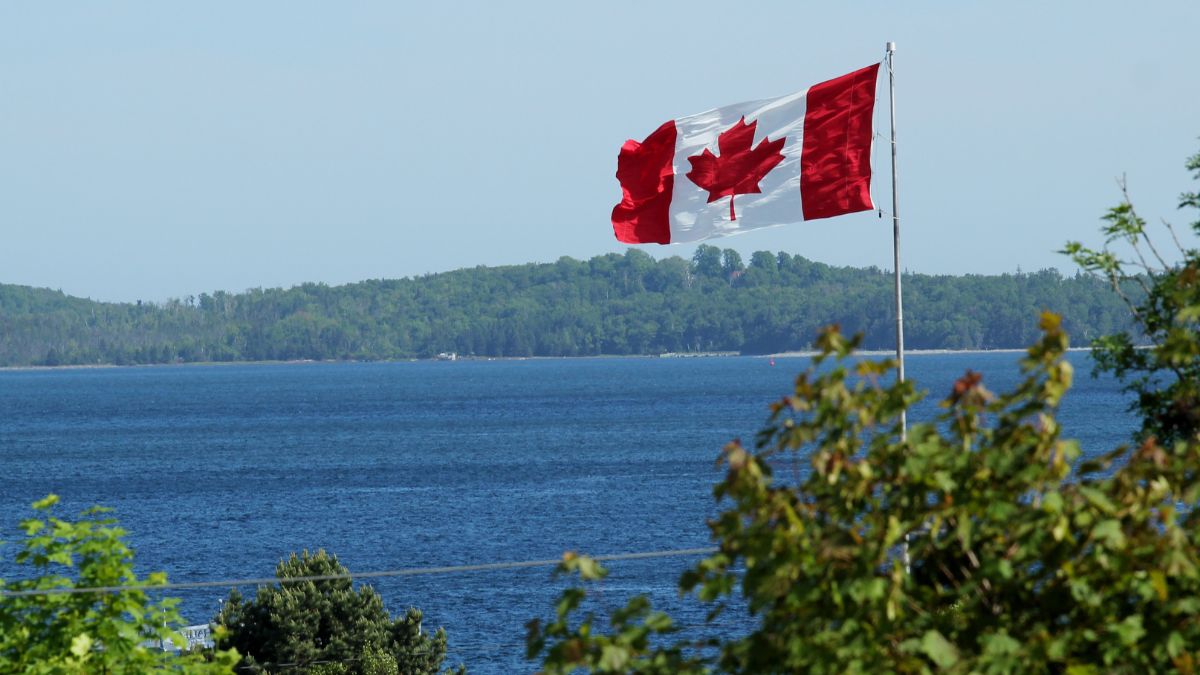What are the requirements for international graduates who apply for RNIP?
Usually, applicants would need 1 year of work experience – or at least 1,560 hours – in the past 3 years to apply for the RNIP program. However, students who immigrate to Canada do not have to accumulate a minimum of work experience to qualify for the program. The requirements for international graduates to be exempt from the work experience criteria have split into two options.- Be an international student who graduated with a credential from a post-secondary program of 2 years or longer, and you:
-
- You were studying as a full-time student for the full duration of the 2+ years.
- You received the credential up to 18 months before you applied for permanent residence.
- You were in the community for at least 16 of the last 24 months spent studying to get your credential.
- Be an international student who graduated with a master’s degree or higher lasting less than 2 years, and you:
-
- You were studying as a full-time student for the duration of your degree.
- You got your degree no more than 18 months before you applied for permanent residence.
- You were in the community for the length of your studies.
- Studying English or French made up more than half of the program.
- Distance learning made up more than half of the program.
- A scholarship or fellowship is awarded that requires you to return to your home country to apply what you learned.
Which communities participate in RNIP?
To be qualified for the pilot, a community must meet one of two qualifications. The first option is having a population of 50,000 or less and being located at least 75km from the core of a Census Metropolitan Area. The other option is to have a population of up to 200,000 people and be considered remote from other large cities. There are a total of 11 communities currently in the RNIP. Each community will also have additional requirements for applicants that meet the community’s economic goals and develop their local economy.Ontario
- North Bay: This pilot encompasses the communities of North Bay, Callander, Powassan, East Ferris, Bonfield, West Nipissing and some unorganized townships.
- Sudbury: Greater Sudbury is centrally located in Northeastern Ontario and is a multicultural and truly bilingual community. It is also a world-class mining centre employing approximately 6,000 people. In addition, the city is also a regional centre in financial and business services, tourism, health care and research, education and government.
- Timmins: The current Timmins pilot is spearheaded by the Timmins Economic Development Corporation and numerous community partners. Its pilot has currently moved to an Application Pool and Draw system.
- Sault Ste. Marie: is a welcoming community of 73,000 and provides a mix of urban and natural amenities that offer an affordable, active lifestyle in the heart of the Great Lakes. The pilot also supports the community’s economic development and strengthens the local business capacity to develop and retain a skilled workforce.
- Thunder Bay: Located in the centre of Canada and with close proximity to the United States, Thunder Bay is the regional capital of Northwestern Ontario. Thunder Bay is an emerging top city with its multimillion-dollar waterfront, downtown revitalization, a new generation of creative entrepreneurs, global transport connections, epic outdoor adventures, a mix of global cultures and balanced quality of life.
Manitoba
- Brandon: A welcoming community of just over 51,000 people located in the southwest corner of Manitoba, one hour from the USA and Saskatchewan borders. In addition, Brandon has welcomed over 7,000 newcomers in the past decade.
- Altona/Rhineland: Located in southern Manitoba, the region has a long history of welcoming newcomers and integrating both immigrations and refugees into the community’s social fabric.
Saskatchewan
- Moose Jaw: The city began accepting applications in December 2020, and by 2021, 33 community recommendations were awarded. The city is also looking for applicants who will contribute to the community’s economic needs, integrate into community life, and intend to stay long-term in the community.
Alberta
- Claresholm: Experience what southern Alberta has to offer while living and working in Claresholm. The city offers a selection of community services that help facilitate transportation, nutrition, child care and inclusion of all residents. In addition, the town has an average personal income and a skilled workforce far above the national median average.
British Columbia
- Vernon: A welcoming city of over 42,000 people in the beautiful North Okanagan. This pilot boasts a diversified economy poised to continue growing and developing.
- West Kootenay (Trail, Castlegar, Rossland, Nelson): The pilot for this city has helped over 350 newcomers apply for their permanent residency in Canada. Additionally, over 125 West Kootenay employers have used the pilot. They either use it to support existing employees or hire skilled foreign workers to support their workforce needs.






